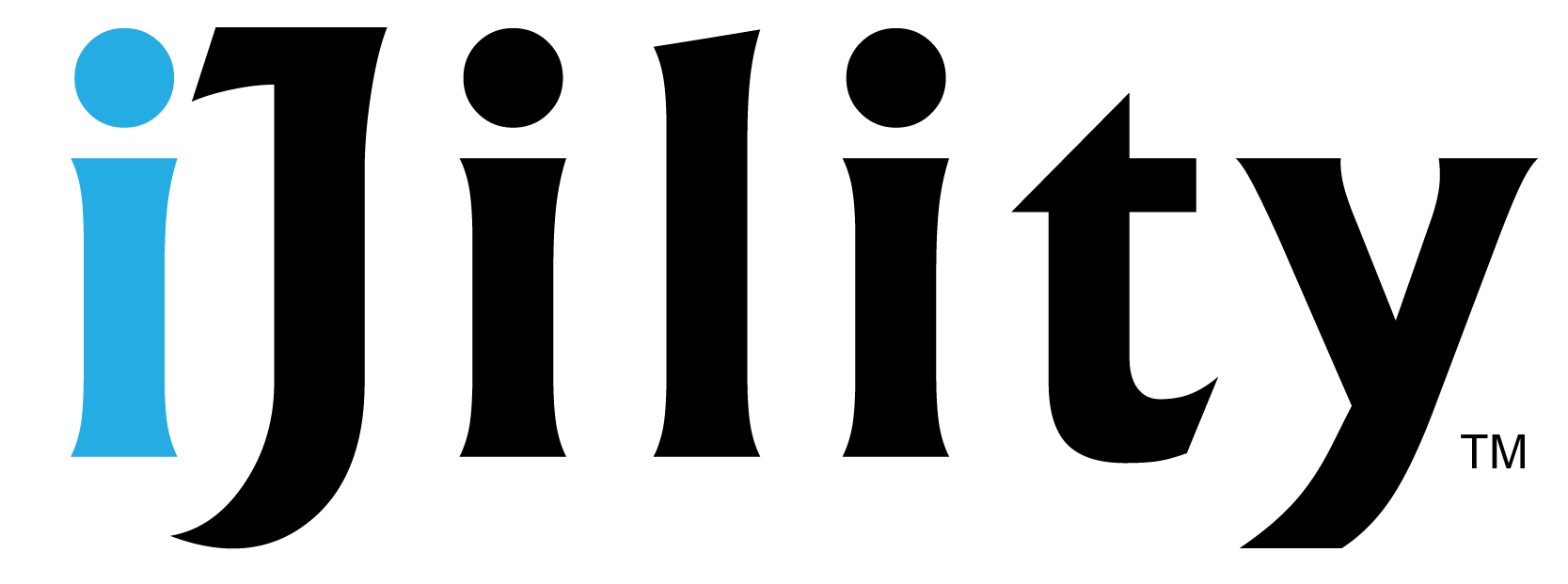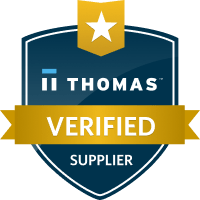
As of June 2025, significant changes in U.S. trade policy—particularly the doubling of tariffs on steel and aluminum imports to 50%—are reshaping the landscape for supply chain and distribution professionals. These developments have far-reaching implications, from increased material costs to shifts in global sourcing strategies.
5 Key Impacts of the June 2025 Tariff Changes on Supply Chain Management
1. Escalating Material Costs Affecting Multiple Industries
The recent increase in tariffs on steel and aluminum imports has led to a surge in domestic prices for these essential materials. For instance, the U.S. Midwest aluminum premium has reached a record 62.5 cents per pound, with projections suggesting it could rise further to 70 cents per pound (reuters.com). This escalation is impacting various sectors, including automotive, construction, and consumer goods, leading to higher production costs and, ultimately, increased prices for end consumers.
2. Disruptions in Port Operations and Shipping Schedules
Trade tensions, particularly between the U.S. and China, have resulted in a notable decline in shipping activity at major West Coast ports. The Port of Los Angeles, for example, has seen daily ship arrivals drop from an average of twelve to just five, with dockworker job orders reduced by nearly 50% (nypost.com). These disruptions are causing delays in the supply chain, affecting inventory levels and delivery schedules.
3. Increased Scrutiny on Executive Compensation Amid Financial Strain
The financial pressures resulting from higher tariffs are prompting companies to reassess their executive compensation policies. Legal experts warn that maintaining high executive bonuses while implementing cost-cutting measures elsewhere could lead to public backlash and internal dissatisfaction (theguardian.com). This scrutiny is leading organizations to align compensation strategies more closely with overall financial performance and employee welfare.
4. Legal Challenges and Regulatory Uncertainty
The implementation of these tariffs has not been without controversy. The United States Court of International Trade initially ruled that the tariffs overstepped presidential authority, only for an appeals court to temporarily reinstate them shortly after (southernstarnavigation.com). This legal back-and-forth creates uncertainty for businesses trying to navigate compliance and financial planning.
5. Strategic Shifts in Global Sourcing and Supply Chain Strategies
In response to the increased tariffs, companies are reevaluating their global sourcing strategies. There is a growing trend toward diversifying supply chains to mitigate risks associated with geopolitical tensions and trade policy changes. Businesses are exploring alternative suppliers in different regions and considering reshoring certain operations to reduce dependency on imports subject to high tariffs
About iJility
At iJility, we specialize in providing agile workforce solutions tailored to the evolving needs of supply chain and distribution operations. Our expertise in navigating complex regulatory environments and optimizing labor strategies ensures that our clients remain resilient amid market fluctuations. Whether it’s adapting to new trade policies or enhancing operational efficiency, iJility is your trusted partner in workforce management.
Schedule a discovery call today to learn how iJility can support your organization in adapting to the latest tariff changes and strengthening your supply chain resilience.
Author: Campbell Diehl


